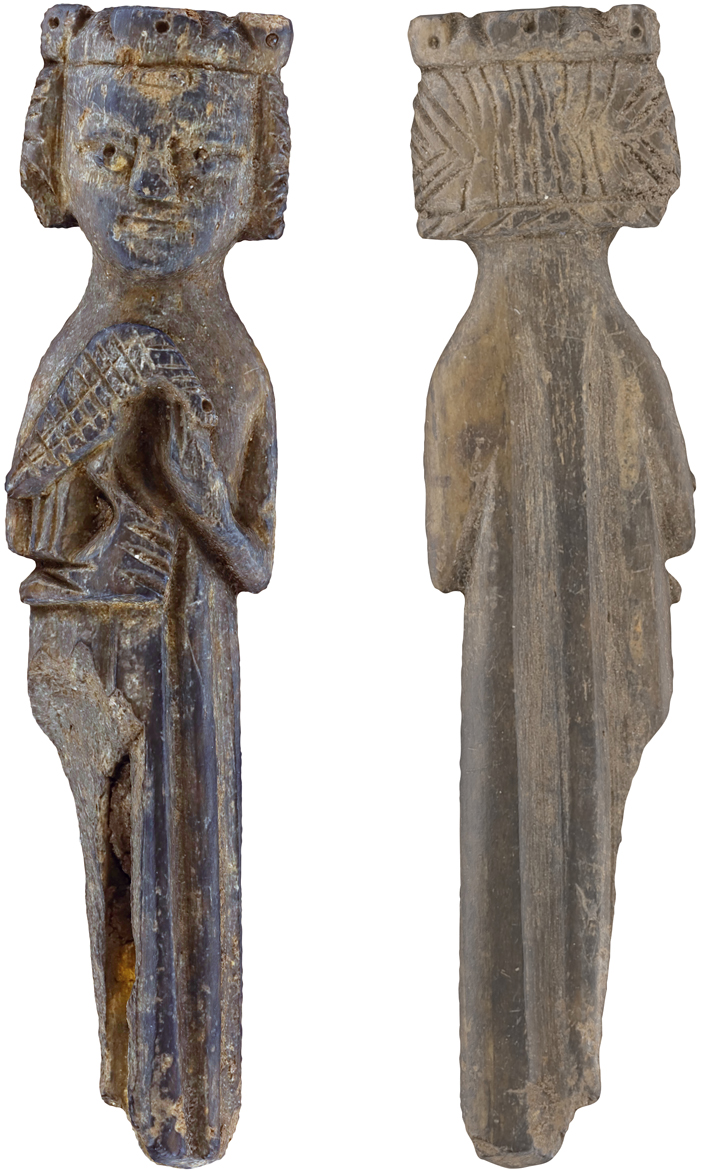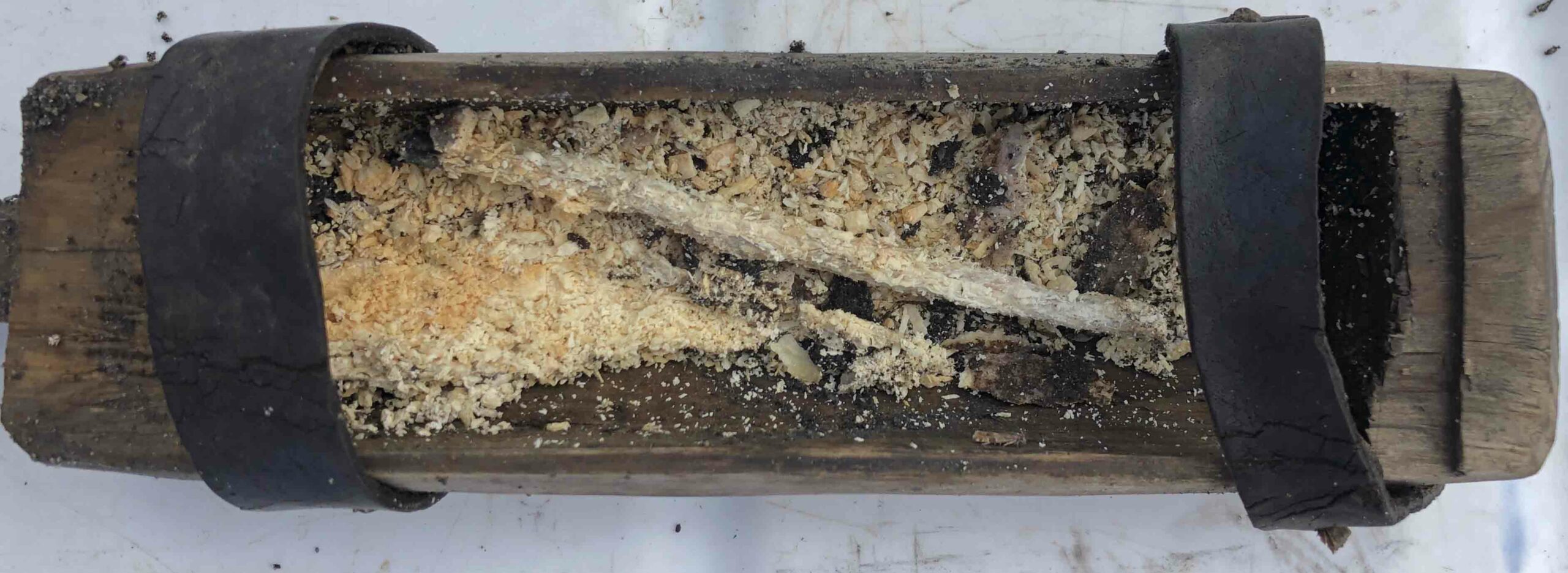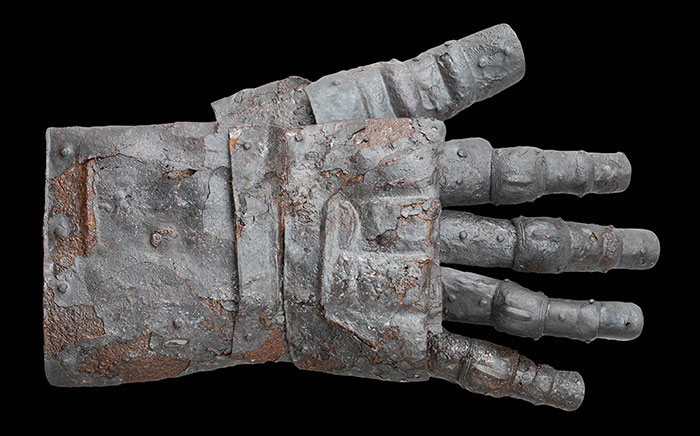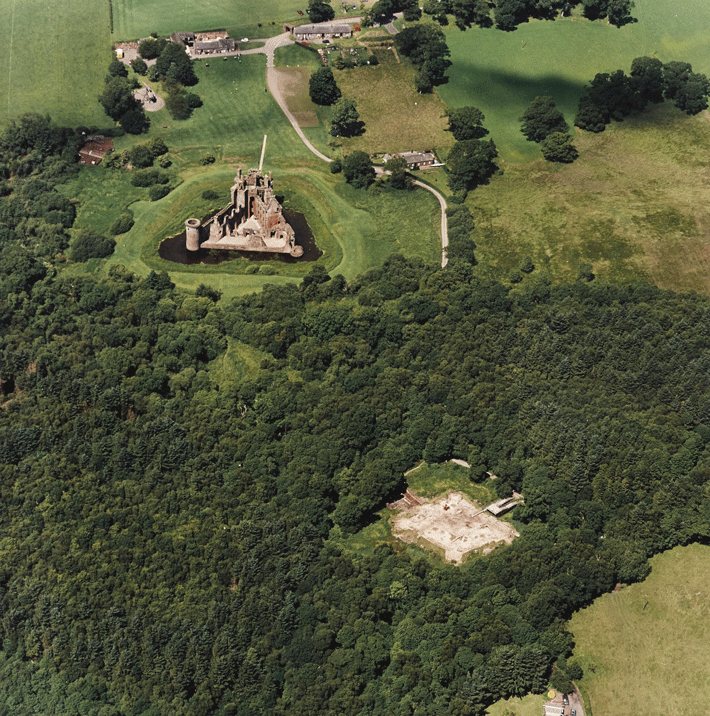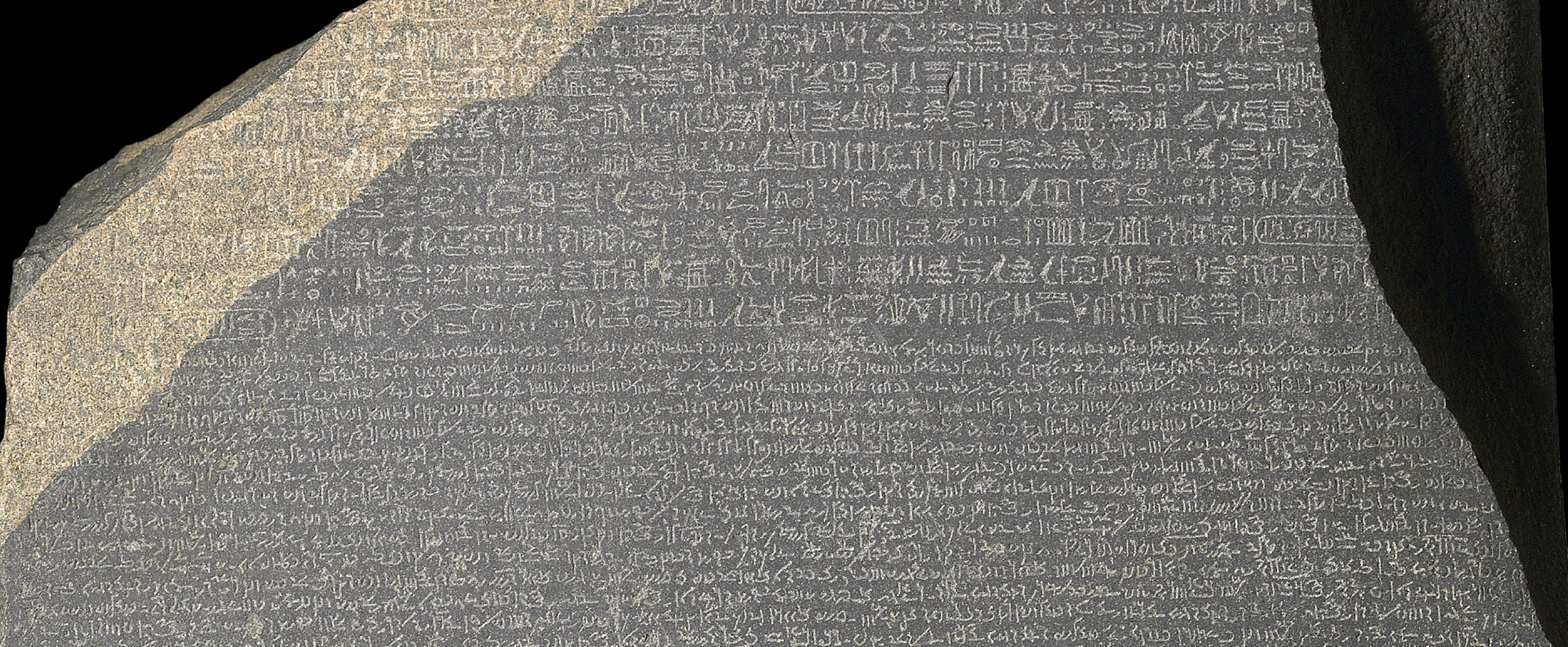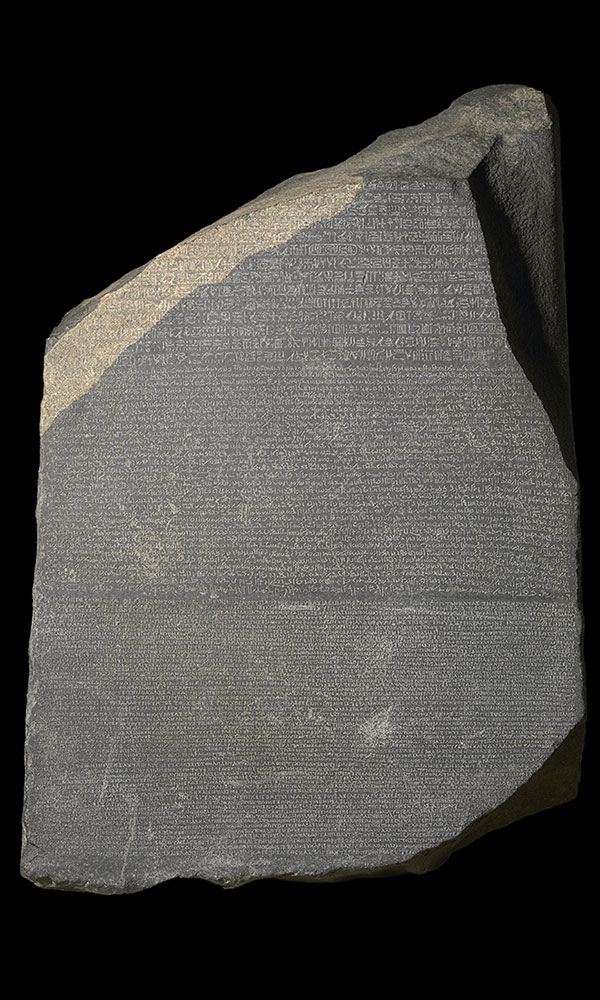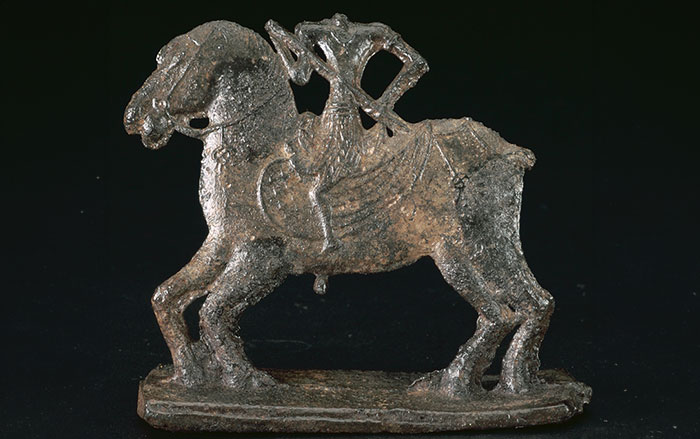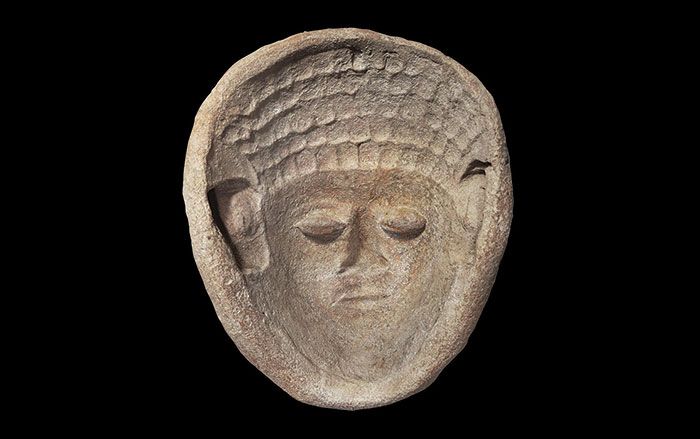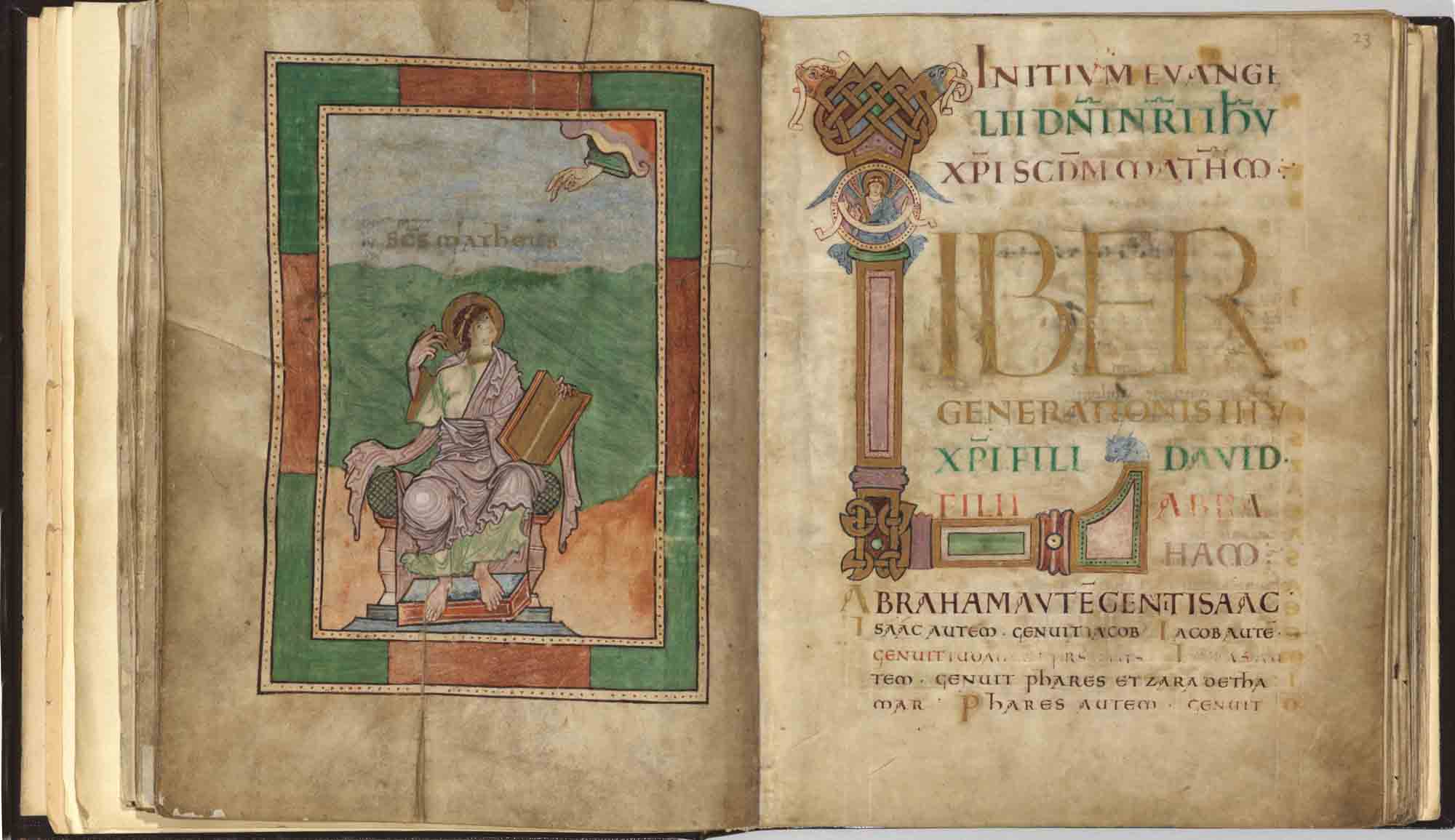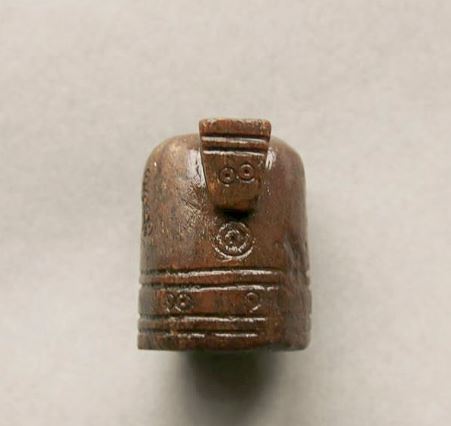
TØNSBERG, NORWAY—According to a Live Science report, a game piece recovered from a thirteenth-century house in southern Norway is believed to be a knight from a shatranj, or ancient chess set, since it is carved with circles on the bottom, sides, and top, and a protruding snout bearing dotted circles, causing it to resemble a horse. Archaeologists from the Norwegian Institute for Cultural Heritage Research suspect some lead inside the thimble-shaped piece of carved antler helps it to stand upright. Lars Haugesten, project manager of the excavation, says similar game pieces are found in Arabia, where chess was first played in the seventh century. In addition, a twelfth-century chess piece has been found in Lund, Sweden. For more, go to “The Church that Transformed Norway.”


